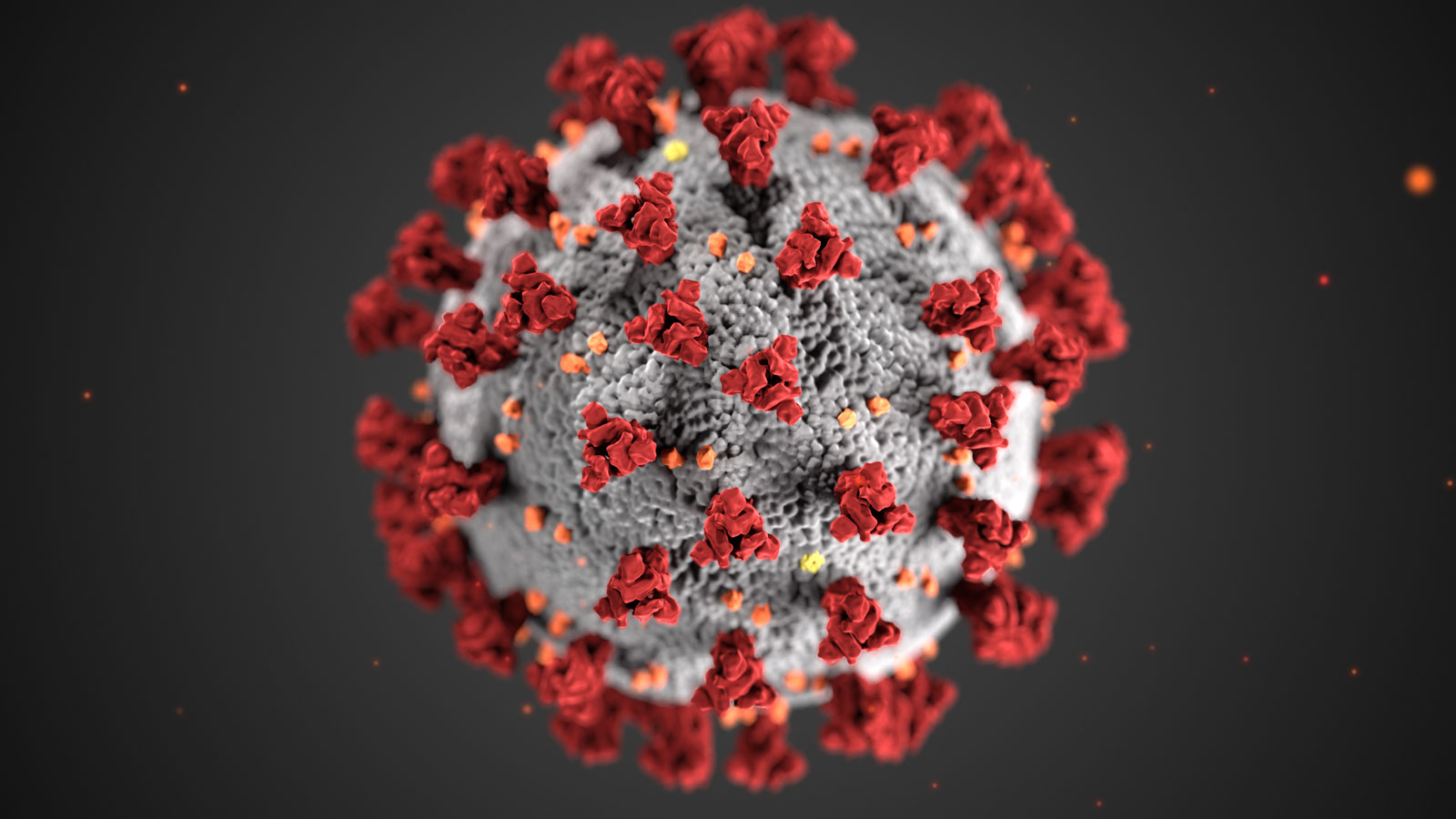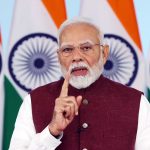Srinagar, Dec 26: Modelling data from credible agencies do not foresee any major Covid wave in Jammu and Kashmir, a leading pulmonologist said, but advised people to take precautionary measures as models “can go horribly wrong”.
In a series of tweets, SKIMS Director Dr Parvaiz Koul said, “Modelling data from credible agencies (like from University of Washington) predict a low circulation of the virus for coming weeks in JK (Jammu and Kashmir), but models can go horribly wrong.
“So stay calm, observe routine precautions and vaccinate if you haven’t, as per the advisories. NO PANIC PLEASE. Safety saves. Better safe than sorry.”
Koul added that he had been receiving many calls from people about COVID-19 alerts in Jammu and Kashmir.
“Receiving many calls for the COVID alerts. Please note that J&K (Jammu and Kashmir) and India as a whole are not experiencing an unusual surge as yet. However since it is winter, the time for circulation of respiratory pathogens in Kashmir, it is in one’s interest to be alert and cautious,” he said.
Koul said the situation in China, which is believed to be going through a massive resurgence of Covid infections, was different on various counts.
“But kindly do not panic. The situation in China is different. They resorted to strict lockdowns which resulted in lower exposure to the virus and a lower immunity by natural infection.
“Also the vaccine used predominantly in China is the inactivated Sinopharm/Sinovac vaccine which is inferior in evoking a robust immune response as compared to the adenovirus vectored vaccine used predominantly in India,” he added.
Dr Koul said as there was no data on the percentage of the Chinese population that had been immunised, China might have opened up “abruptly”.
“And we do not know the percentage immunized among those vulnerable to severe illness (like the old or those with comorbidities) in China, specifically about booster doses. Possibly they opened abruptly without adequate immunisation of the vulnerable,” he said.
Dr Koul said the variants of Omicron circulating in China had a high transmissibility.
“These BF.7 and XBB have been reported from India for a while but haven’t caused any outbreaks so far. For any variant to survive it has to demonstrate some immune escape, which is why these sub variants of Omicron have survived. However, as a group, Omicron does not cause severe illness and most of the symptoms are those of the upper respiratory tract rather than the lower RT and the lungs,” he added.
Dr Koul, however, warned that new and more virulent variants could emerge anytime. He also emphasised on genomic surveillance to stay on the lookout for emerging variants.
“This is the reason for the advisory from MOHFW (Ministry of Health and Family Welfare, Government of India). India has a clear advantage of higher vaccinations and more natural infections during the Omicron surge,” he said.
Asked if he recommended voluntary testing, Dr Koul said, “It is always better to be with ‘eyes open’ rather than ‘closed.”
Dr Koul said those who were advised the precautionary dose but did not receive it would be helped by boosting their immunity.
“International travel to countries with high Covid activity must be undertaken with caution and only if absolutely necessary,” he said.








